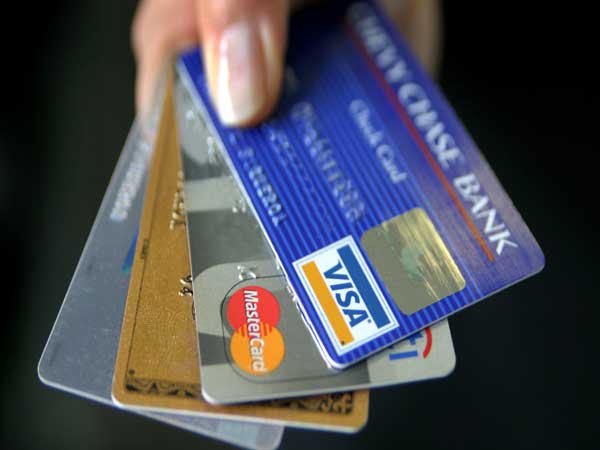
Traditional bank accounts and prepaid debit cards both allow users to manage and track their spending. They also offer a means of financial protection. The primary advantage of prepaid debit cards over traditional bank accounts is that you aren?t subjected to all the costly fees charged by a big bank.
Often, big banks provide overdraft protection to account holders. This is a safeguard in case you attempted to spend more money than you had in your account. The bank covers the difference and charges you a fee for the service. Each overdraft charge can exceed $35, and at some banks, it?s even possible to collect more than $300 in overdraft fees in a single day. That doesn?t even include the cost of your purchases.
Pew Research suggests that more people use prepaid debit cards for this very reason. Prepaid cards like Green Dot won?t charge you an overdraft fee and, more often than not, the merchant will simply deny the charge.
Essentially, prepaid debit cards can help you become more responsible with your money. If you have a checking account with overdraft protection, you might spend more than you should because you know there?s a safety net. However, if you deposit all of your money onto a prepaid debit card, you may feel a bit more obligated to pinch your pennies a little tighter.
Prepaid debit cards aren?t bank accounts, though most offer the same protections. You?re typically not liable for fraudulent purchases, for instance. You can even set up direct deposit using your card?s direct deposit account and routing numbers.